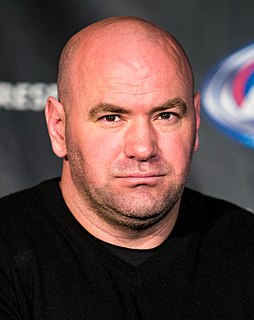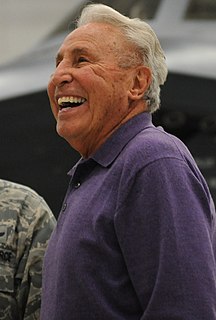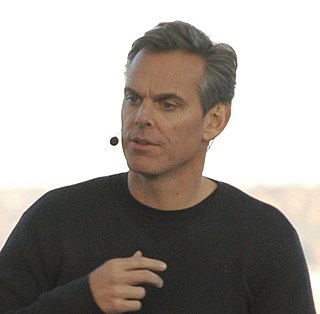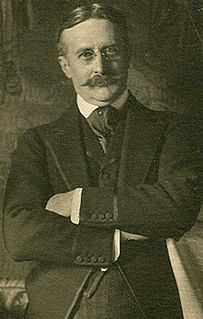A Quote by Gregg Easterbrook
I didn't view myself as attacking the boss. I viewed my boss at ESPN as the publisher and president of ESPN.
Related Quotes
I got fired - November 8, 1979. And all of a sudden, I got a call, two weeks later, about doing a game on ESPN. And I truly said - Scotty Connal, the head of ESPN production at the time, was the guy that called me - I said, 'Man, ESPN sounds like a disease. What is ESPN? I know nothing about it, never heard of it.'
I am working in my office. I've got a boss who tells me what to do. He's got a boss who tells him what to do. And above him is another boss who probably is telling my boss in the same way - or my boss' boss in the same way what to do. In actuality, this is not the way things work. Management science says that that kind of a chain doesn't work more than three levels up.
A good man likes a hard boss. I don't mean a nagging boss or a grouchy boss. I mean a boss who insists on things being done right and on time; a boss who is watching things closely enough so that he knows a good job from a poor one. Nothing is more discouraging to a good man than a boss who is not on the job, and who does not know whether things are going well or badly.
The boss drives people; the leader coaches them. The boss depends on authority; the leader on good will. The boss inspires fear; the leader inspires enthusiasm. The boss says I; The leader says WE. The boss fixes the blame for the breakdown; the leader fixes the breakdown. The boss says, GO; the leader says Lets GO!
The Republican Party is saying that the president of the United States has bosses, that the union bosses this president around - the unions boss him around. Does that sound to you like they are consciously or subconsciously deliver the racist message that, of course - of course, a black man can't be the real boss?


































